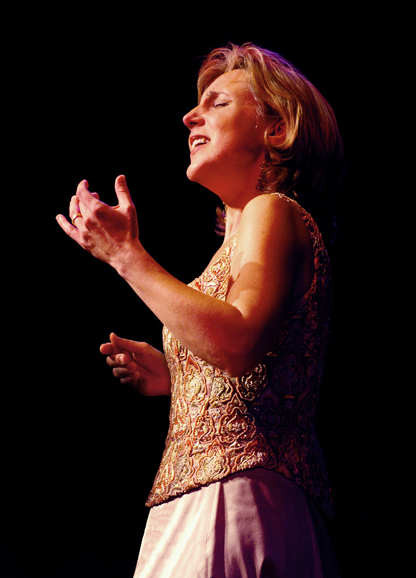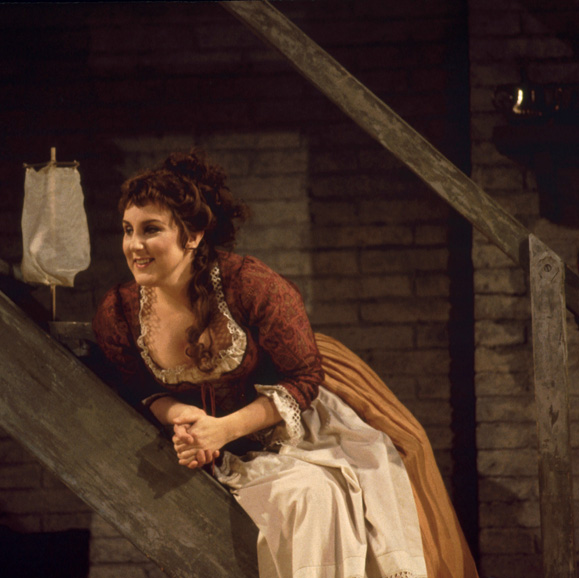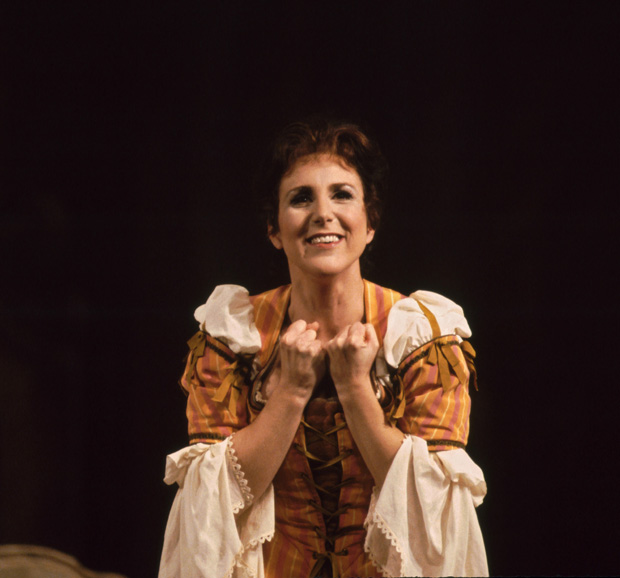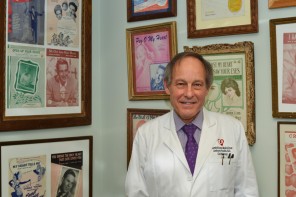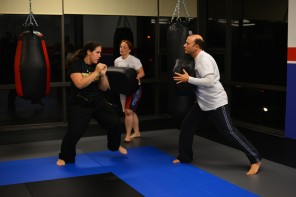Einstein said that “the definition of genius is taking the complex and making it simple.” So it is no surprise that Dawn Upshaw was the first vocal artist to be awarded a “genius grant” when she was named a fellow of the MacArthur Foundation in 2007.
Upshaw, the lyric soprano whose career has embraced everything from Baroque to contemporary music, is the essence of that simplicity.
Her manner is direct and sincere; her appearance, elegantly uncluttered, even in a glittering ball gown. “Some like flash,” she says. “But that’s not my style.”
Then there’s the crystalline voice that has enchanted opera lovers and concertgoers alike for some 30 years and set new YouTube fans to marveling and begging for more.
“There are certain things I wish I could try out differently with my voice,” she says modestly. “But we’re born with a certain voice.”
And into a certain culture. Upshaw, a longtime Westchester resident, is the product of the Midwest and parents who were part of the civil rights movement. Her soundtrack was the folk music of the 1960s — Beacon’s Pete Seeger, Peter, Paul and Mary and Joni Mitchell, among others.
“It was about getting the words out, the text,” she says. “The simplicity of the delivery is important in any piece of music. For me, I have to start with the text.”
That approach, and that rarefied voice, brought her acclaim as a host of Mozart maids and maidens — the so-called “anna, ina” roles of Susanna in “The Marriage of Figaro,” Pamina in “The Magic Flute,” Despina in “Cosi Fan Tutte” and Zerlina in “Don Giovanni.” But those qualities have also suited her to the challenges of contemporary music like Argentine composer Osvaldo Golijov’s “Three Songs for Soprano and Orchestra,” which Upshaw will perform Feb. 7 at the Westchester Philharmonic’s second annual “Friends & Family” concert.
“Especially with new music it’s like listening to a new language,” Upshaw says. “You want to be as clear as you can be.”
Golijov’s “Three Songs,” which he orchestrated from other arrangements and brought together in this work, are particularly formidable as they are in Yiddish, a Spanish dialect and English respectively. (The texts are by Sally Potter, Rosalia de Castro and Emily Dickinson.) The music, while haunting, has its own difficulties. High notes hang in the air, seemingly plucked out of nowhere. Melodies sigh like the wind weaving through the reeds.
Threading the three is a sense of loss or longing, Upshaw says. The first, the Yiddish “Lullaby and Doina” — after an ornamented, improvisational Romanian musical form that has found its way into klezmer music — is less about loss than longing, she adds. (It appears in the 2000 film “The Man Who Cried.”)
“It’s about encouraging this child to sleep and not being completely at ease in that.”
The second — “Pale Moon,” in the Galician (northern Spanish) dialect of Galego — is “about hiding from the world and wanting to disappear.” Adds Upshaw wryly, “It’s the saddest song I know in C major.”
The third, “How Slow the Wind,” was inspired by a sudden death in the composer’s circle of friends. It’s about time and grief and how grief stops time — or makes you wish it could.
Singing songs on a concert stage, like singing a Mozart heroine, “is a form of acting. To convey them, especially, the text, I like to have time to prepare.”
So don’t expect Upshaw to come barreling into Purchase College’s Performing Arts Center — where the Westchester Phil performs — at the last minute, throw off her coat, dab on some makeup and rush out onto the stage.
“It’s a habit formed over decades: I’m happiest if I have some quiet time before a concert.”
Space is important to Upshaw in singing — space before a performance and space between performances.
“I still love singing,” says the woman who has jetted from New York’s Metropolitan Opera to Paris to Glyndebourne to Salzburg for decades. “But I actually love traveling less, settling down a bit.”
These days, her longest commute may be from Westchester to Annandale-on-Hudson to Lenox, Mass. Upshaw — who has a B.A. from Illinois Wesleyan University, an M.M. from Manhattan School of Music and honorary doctorates from those institutions along with Yale, Juilliard and Allegheny College — is artistic director of the Graduate Vocal Arts Program at the Bard College Conservatory of Music and head of the Vocal Arts Program at the Tanglewood Music Center. At Bard, where she’s been for 10 years, and Tanglewood, where she’s been for a little more than a year, she coaches young professional singers — graduate and postgrad. “Coaching” is not a word she favors. But she acknowledges its use in the music world to distinguish what she does from “teaching,” or training the voice — although she will work with singers on their technique. But her primary role is to help them with their message in song — “what they want to say and how they want to say it.
“I love the artistic planning in both programs,” Upshaw says of Bard and Tanglewood. “I love trying to create the home, the playing field, the place in which (the students) can create and take risks safely and thrive.”
Other profiles — notably a 2008 article in The Guardian — have discussed the part that being a breast cancer survivor has played in separating the wheat from the chaff in her life.
But, she adds, “Some of it is getting older, and some of it is maturity. I want my life to be simple.

